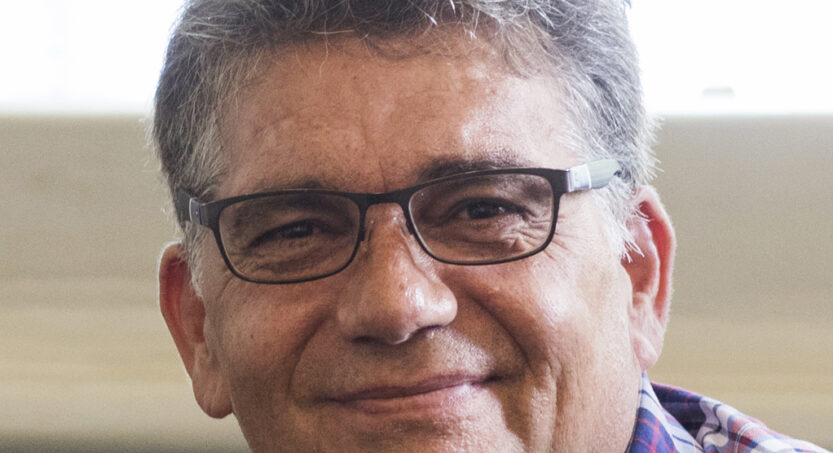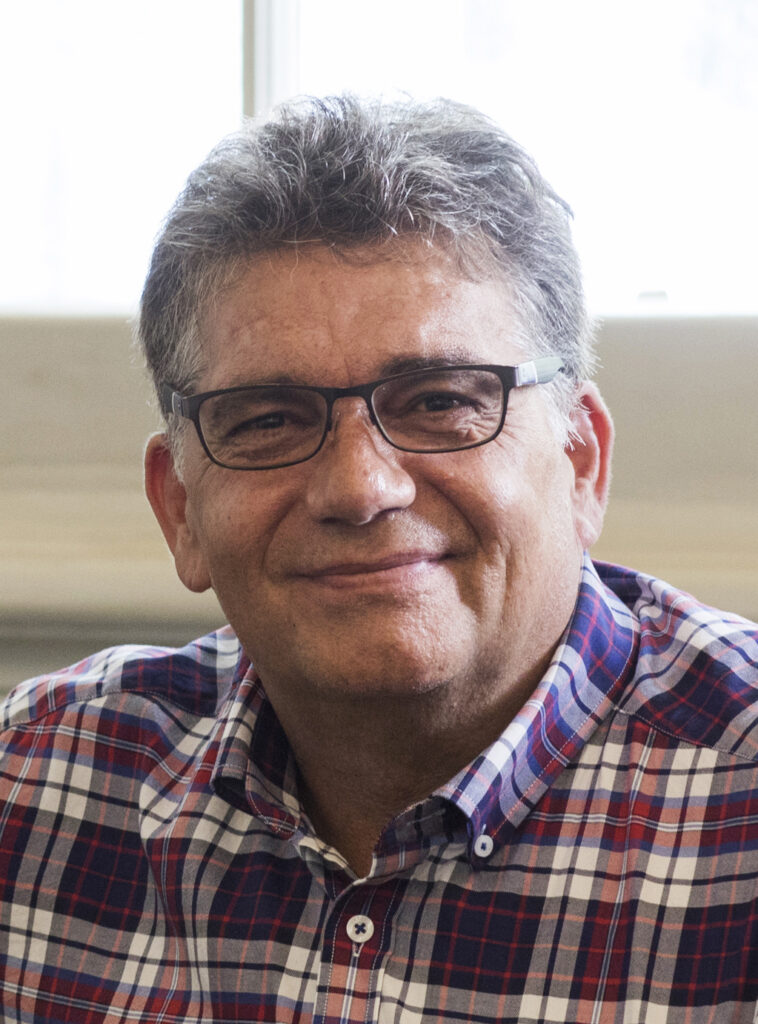The Maranguka Way – Cultural Authority and Respectful Partnership

By: Alister Ferguson | Founder and Executive Director of Maranguka
Maranguka” is a word of the Ngemba people of Western NSW which means “caring for others.” The Bourke Tribal Council have put this idea at the centre of the Maranguka initiative, our unique expression of self-determination and Cultural Authority, which operationalises our community’s Growing Our Kids Up Safe, Smart and Strong strategy. To support this strategy, we have invited government, philanthropy and non-government partners to align their resources and practices to our community-led agenda.
Beneath the headlines and the media attention around Maranguka, what many don’t see is the long and patient processes of nation building and peace building. The Bourke Tribal Council is a treaty in itself, a coming together of 24 distinct Indigenous Tribes and families in our area. We have our differences, particularly around the flawed Native Title system that the Howard Government created, but we have agreed that we won’t let these differences get in the way of collaborating on systems change, systems reform and systems transformation.
In developing Maranguka, we took two frameworks which had been developed overseas – justice reinvestment and collective impact – and we put into practice our own interpretation of them. Our way is from the ground up – it is led by community. We are reviving and evolving traditional systems and processes of First Nations governance that are patient, organic and inclusive. We do the work of putting our differences aside to focus on a common cause. Our struggle brings us closer together.
When I was a child, I saw this idea of caring for others in practice. I travelled across the country with my grandparents, visiting many of the missions and reserves that our people had been thrown into. I remember how caring and sharing our people were, despite the dispossession, the suffering and the trauma. No one went without. My grandparents talked to people about religion. These days, when I travel to former missions or reserves or other First Nations communities, I talk about what we have been doing in Bourke.
One of the big challenges we face with Maranguka is creating an authorising environment that is based on collective goodwill and mutual accountability. This is in contrast to the blunt displays of dominance and power through which most Australian government, philanthropic and non-government organisations make decisions. This can be as blatant as imposing programs on communities that are written up far away in Canberra or Macquarie Street.
Recently, Maranguka collaborated with the Sydney Policy Lab and Dusseldorp Forum to create a case study of the Maranguka Cross Sector Leadership Group (CSLG). The CLSG and smaller Executive and working groups are regular meeting places between Maranguka and the government and non-government partners who want to support our Growing Our Kids Up Safe, Smart and Strong strategy. This is where we do the long and patient work of putting aside our differences to focus on a common goal.
We have discovered the importance of ensuring that people who come to work in Bourke are familiar with our strategy and how to work effectively with our community. For example, Maranguka runs cultural competency training for public service, NGO and private sector employees, which the Bourke Tribal Council helps deliver. The language component of the training teaches workers basic words in a variety of the languages that are spoken in our area. It means something to community members when service workers from out of town can say “hello” in the local language.
Through the Maranguka CSLG we are finding ways to work together towards the Safe Smart Strong strategy. We have developed a series of principles to be embedded in service contracts and collaboration agreements, which make it clear the resources and practices our partners bring to the table. We are co-designing the key performance indicators for service providers, along with community expectation indicators for Service NSW.
All of this is aided by the important facilitating across government role that the Secretary of the Department of Regional NSW plays as Maranguka’s Government Champion at the bureaucracy level. These are all an evolving process, which they should be. As the Maranguka journey continues we will learn from what we’ve done and refine and improve our practice.
In his foreword to the Maranguka CSLG case study, Minister Brad Hazzard, a long-term supporter of Maranguka, said: “It is long past time that governments meet First Nations people on Country and on their terms.” This is the challenge for governments, philanthropists and other non-government organisations that want to support unique expressions of self-determination and Cultural Authority like Maranguka. We ask our partners to focus on a common goal, a strategy developed by the local community. We ask them to respect the Cultural Authority and right to self-determination of the Bourke Tribal Council and dismantle the systemic barriers that get in the way of our desire to care for the community and build a stronger future for our children and young people.
The Sydney Policy Lab case study of the Maranguka Cross Sector Leadership Group can be read here.
